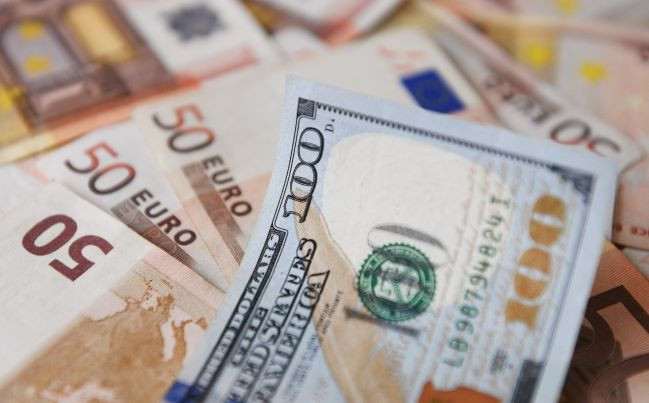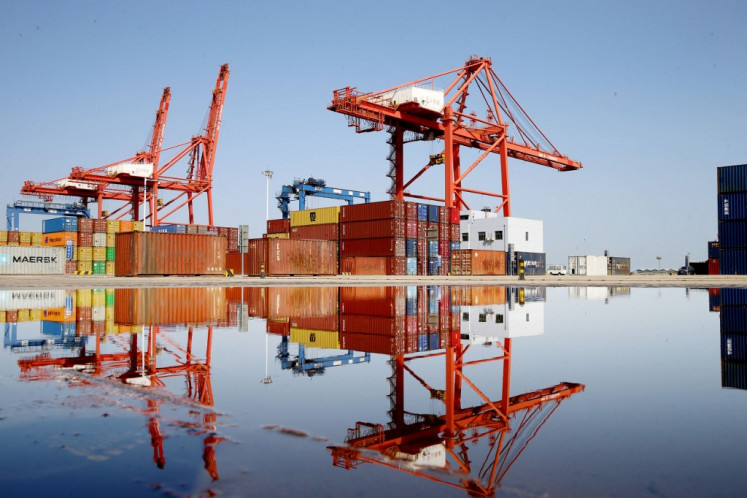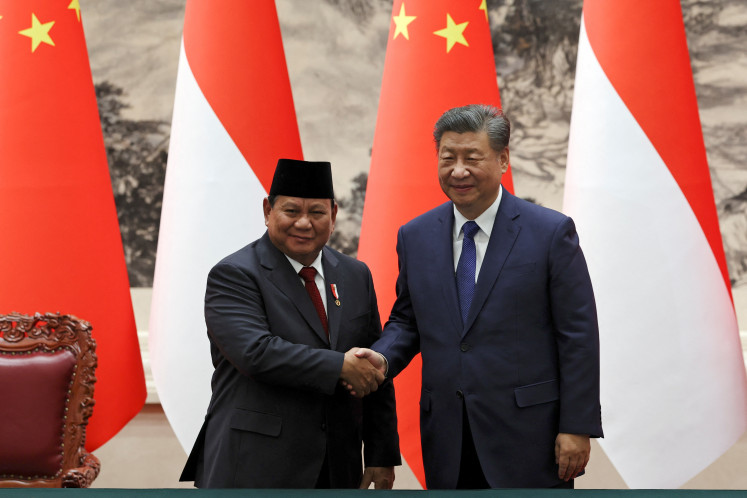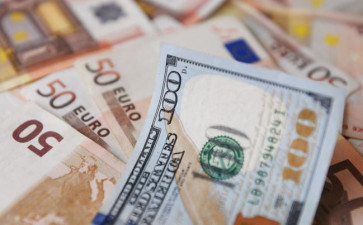Popular Reads
Top Results
Can't find what you're looking for?
View all search resultsPopular Reads
Top Results
Can't find what you're looking for?
View all search resultsBI’s lessons from the Fed’s mistakes
We expect BI will raise its policy rate up to 5 or 5.25 percent by the end of the year to make rupiah-denominated assets still attractive to foreign portfolio investors.
Change text size
Gift Premium Articles
to Anyone
Central banks around the world have joined the tightening spree. The United States Federal Reserve increased its policy interest rate by 75 basis points again last month; the European Central Bank raised its repo rate by 75 bps; Bank Indonesia also hiked its policy rate by 50 bps to 4.25 percent last month.
Technically, the policy rate should be raised to reduce the aggregate demand in order to press down inflation and anchor inflation expectation.
However, the current high inflation environment is not purely a monetary phenomenon driven by the robust recovery after the pandemic. It is in part the consequence of the growing divergence of the global economy and the shrinkage of the labor force due to the aging population. In short, monetary tightening may not solve the underlying problem of higher inflation.
The growing geopolitical divergence between the US-led global order and an alternative one led by Russia and China has been a losing battleground for the former. The economic sanctions of Russia have significantly reduced the supply of gas and oil to Europe, pushing up the energy prices dramatically. This threatens to close off Europe’s manufacturing sector from cheap and reliable Russian natural gas, pushing up production costs further.
In addition, higher imports combined with lower exports led the current account balance of major developed economies into deep deficit territory, putting pressure on their currencies.
Meanwhile, the main beneficiary of the Fed’s rate hike and Russian decoupling will be China. Lower energy prices from Russian oil and gas will further reduce Chinese production costs. In addition, any western efforts to go green will benefit China as it already built much of the global capacity of green energy.



















